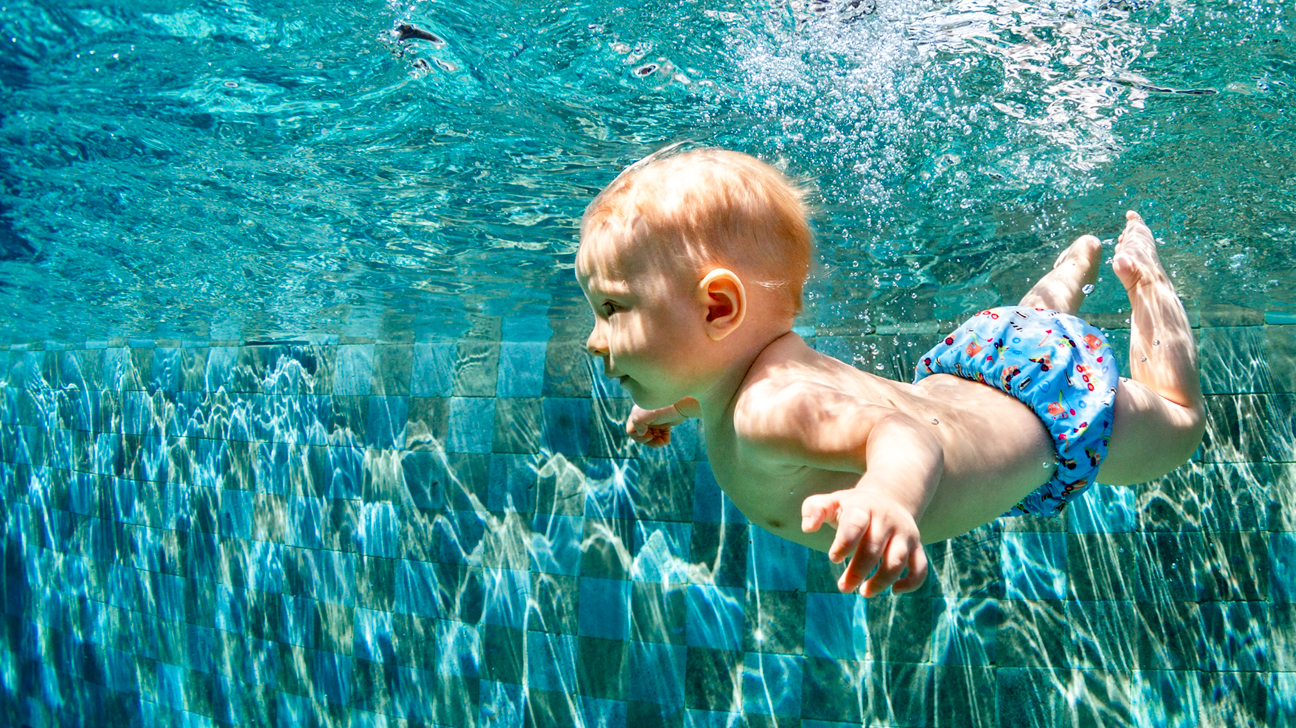For many children, learning to swim can feel like a chore—especially when it’s all drills and no play. But what if the pool became a playground for learning? With the right mix of fun and structure, swimming games can turn splashing into skill-building. Whether you’re a parent, swim coach, or caregiver, these game-based approaches will help young swimmers develop essential water abilities while keeping smiles on their faces.
1. Dive and Find
Overview:
Toss weighted toys, such as dive sticks or rings, into the pool and let kids retrieve them from the bottom. Begin in shallow water and progress to deeper areas as their skills improve.
What It Teaches:
- Controlled breathing and submersion
- Underwater coordination
- Water confidence
Why It Works:
This game encourages children to hold their breath, open their eyes underwater, and overcome any fear of diving.
2. Stop and Swim
Overview:
A wet twist on “Red Light, Green Light.” Call out commands to either swim forward or freeze. If anyone moves on “red,” they return to the starting point.
What It Teaches:
- Timing and reaction
- Stroke control
- Listening skills
Why It Works:
It combines discipline with movement, helping kids improve their starts and stops—important for lap swimming and water safety.
3. Kickboard Showdown
Overview:
Using kickboards, kids race across the pool using only their legs. You can time them or make it a fun group relay.
What It Teaches:
- Strong, rhythmic kicking
- Proper leg positioning
- Endurance building
Why It Works:
By focusing on kicking alone, children strengthen the propulsion aspect of their stroke, without being distracted by arm movements.
4. Catch the Shark
Overview:
Designate one player as the “shark.” The rest try to swim across the pool without getting tagged. Once tagged, they join the shark.
What It Teaches:
- Quick directional changes
- Sprinting technique
- Spatial awareness
Why It Works:
High-energy and fast-paced, this game builds stamina while reinforcing basic swimming techniques under pressure.
5. Float and Resist
Overview:
One child floats on their back while others gently create ripples around them. The challenge? Stay afloat as long as possible.
What It Teaches:
- Balance and core strength
- Buoyancy control
- Calm breathing
Why It Works:
It turns passive floating into a fun test of stability—ideal for improving confidence in the water.
6. Bubble Races
Overview:
Kids dip their faces in the water and blow bubbles for as long as they can. Add fun by timing them or turning it into a team competition.
What It Teaches:
- Breath regulation
- Exhalation technique
- Facial comfort in water
Why It Works:
This activity makes getting used to water on the face natural, and it lays the groundwork for learning rhythmic breathing.
7. Shadow Swimmer
Overview:
A leader demonstrates different swim movements—like star floats, dolphin kicks, or glides—and the others follow in sync.
What It Teaches:
- Stroke imitation
- Coordination
- Multi-skill practice
Why It Works:
Kids get to mimic actions in a relaxed way, turning formal instruction into a playful group activity.
Blending Fun With Function
Games provide more than just entertainment—they create a low-pressure learning zone where children absorb techniques naturally. Playful interaction reduces fear, builds water familiarity, and strengthens both physical and emotional comfort in the pool.
Remember:
- Supervision is non-negotiable.
- Adapt games based on age and ability.
- Keep equipment safe and age-appropriate.
- Use praise and encouragement to reinforce effort over winning.
